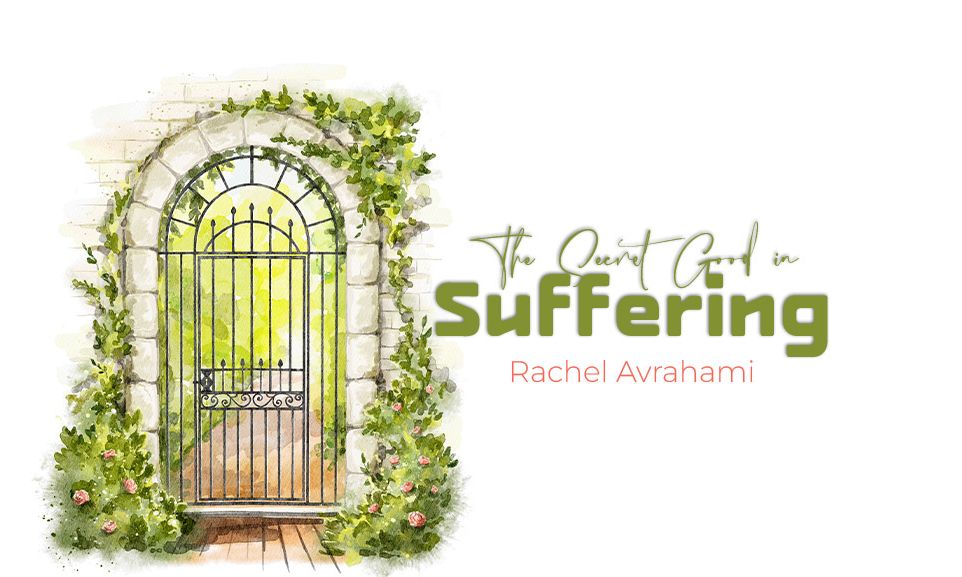
The Secret Good in Suffering
Everyone is suffering. We're in deep, constant pain with no sign of letup! The surprising good that comes from this pain is the golden treasure...

Let’s face it – everyone is suffering right now. I mentioned in my previous article (Where’s Mashiach Already?) that Rabbi Arush has been praying for Mashiach every single day and says everyone needs to do the same. He says we simply cannot stand the suffering anymore.
Granted that in the meantime, Mashiach is still not here, I want to share with you a beautiful insight I found and the commentary on Tehillim (Psalms) from Rabbi Yehuda Zev Leibowitz zt”l. He was Rabbi Arush’s Rabbi, and Rabbi Arush says that he was the number one tzaddik of the generation until his passing almost 13 years ago.
Rabbi Leibowitz comments that the connection to God that could be found through singing and dancing and happiness at the time of the Holy Temple, can now only be found through suffering.
That’s all he says. I was quite shocked by this, thinking to myself: How could it be that something that used to be happy is now only found through difficulty? And what exactly is he referring to?
I would like to suggest an explanation which continues to give me strength to hold on with my own personal situation, and I hope it will help you also.
Eliezer Kosoy has a great line in one of his songs on his disk “Elyon” that says: “You only grow when it rains.” I think about that all the time, because it’s so true!
We all want days of “sunshine”, our “day in the sun”. When we feel that God and life are smiling on us. We feel great, everything is going our way, maybe that extra 10 or 20 pounds is suddenly gone too… If only it could be like that every day…
But this isn’t what life is really for. Hashem created this world in such a way that everything requires resistance. Plants need sun to grow, but they also need dark, cloudy days and rain. And so do people!
If we want a strong body, we need resistance! We need to swim and use the resistance of the water, or we need to book it over to the gym and use weights, or however else we do it. Maybe that’s why it’s called a “workout” – because we need to work our bodies.
So too, our souls! Rabbi Arush discusses emuna with the same terms. We need to strengthen our emuna. For a while he was teaching emuna exercises. He even talked about emuna as a muscle that needs to be constantly worked and strengthened, “building our emuna muscles.” And just like the body has different muscle groups, so too emuna has many different areas and we need to strengthen them all! We need emuna at home, at work, with regards to money and income, health, and interpersonal relationships, etc.
Hence, the suffering and the tests that we go through, the difficulties and the trials and the pressure – it’s all resistance training to build our emuna – which gives us a stronger connection to Hashem. It’s like a workout for the arms that enables us hold onto God that much stronger and tighter!
Unlike a physical workout which reaps benefits only in terms of the body and this world, a stronger and closer relationship to God is the basis of having the real good life both in terms of this world and the Next World – which is eternity. It’s kind of like pension fund or social security in that the harder we work and the more we earn, the more we get down the road once we get to retirement – except that retirement is forever and ever, and the benefits never run out over time.
But that’s exactly it. Right now, we’re not on retirement yet. No matter how old or young you are, if you’re reading this then you’re still in this world, which means it is still the time to put in your work. Everyone understands that you can’t goof around all day and then come home with a fat paycheck plus a good pension. You must “put in your time” as they say.
This is exactly the concept that we learn from the story of Yaakov (Jacob). He wanted just to sit and learn Torah, so Hashem sent him the test of Yosef (Joseph) being sold into slavery by his brothers. Only at the end of that entire episode does Yaakov finally get to sit and learn Torah all day – but in Egypt, not Israel. You can’t have your cake and eat it too…
This is one aspect of why good people suffer and why the tzaddikim suffer more than anyone else.
The tzaddikim know this secret! And since they want more closeness to Hashem, they want more suffering! Rebbe Nachman once said that he was suffering so much every single second that he could break a large piece of wood with his teeth!
There is no suffering without sin, but the tzaddikim don’t have sins – so really, they shouldn’t suffer. But they choose to suffer because they recognize the eternal benefits. They choose to “workout” their spiritual muscles all day, every day, without needing a break because they recognize the eternal benefits which make it so worth it.
For sure that is not my level, and it probably isn’t yours either. The point for us is that in whatever suffering Hashem does give us – which for us surely is to teach us an important lesson, to urge us to fix some sin or mistake we’re making, and push us to search harder for the deeper meaning in the suffering which ultimately brings us closer to Hashem – to work with it as much as possible, instead of fighting it.
For me personally, I know that sometimes, just sometimes, the magic happens. When I really connect to thanking Hashem for the suffering, or praying in a very deep way about a problem – not from fear, anguish, and despair screaming to Hashem to “fix it already!” – but from this deep place that knows that it is really for the best, and I am in Hashem’s Hands, and He is doing this to me for a good reason that one day I’ll understand. Just sometimes an incredible, indescribable feeling washes over me of love and closeness to Hashem that I couldn’t hope to put into words. A feeling as if Hashem is right there with me, I’m absolutely not alone with the suffering, that Hashem is proud of me, happy with me.
And just maybe, if I understood Rabbi Leibowitz correctly – that feeling of closeness to God is what people used to feel singing and dancing in the Holy Temple. That’s the “golden treasure.”
It’s just that it’s no longer out in the open for the taking – now it’s in exile, so we must dig deep into our emuna and unearth it from the depths of our suffering instead.
It’s hard – but as I say all the time – the best things in life aren’t easy. But they are worth it.
***
Rachel Avrahami grew up in Los Angeles, CA, USA in a far-off valley where she was one of only a handful of Jews in a public high school of thousands. She found Hashem in the urban jungle of the university. Rachel was privileged to read one of the first copies of The Garden of Emuna in English, and the rest, as they say, is history. She made Aliyah and immediately began working at Breslev Israel.
Rachel is now the Editor of Breslev Israel’s English website. She welcomes questions, comments, articles, and personal stories to her email: rachel.avrahami@breslev.co.il.


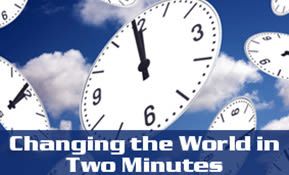



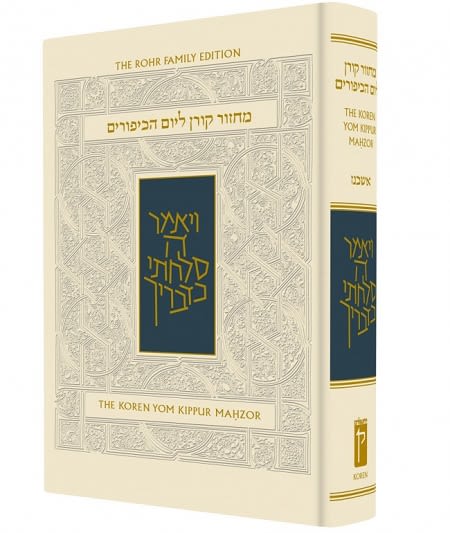
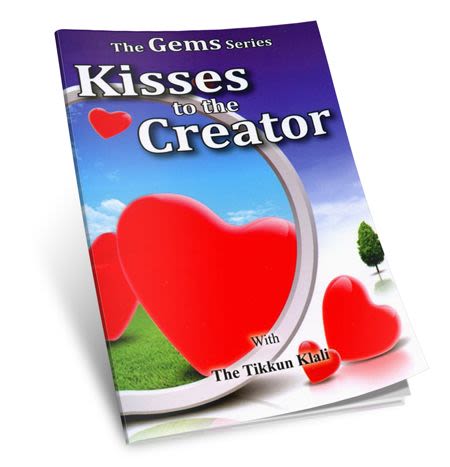
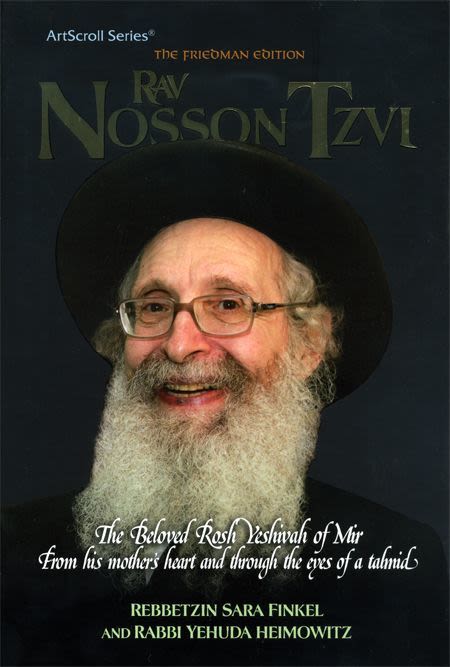
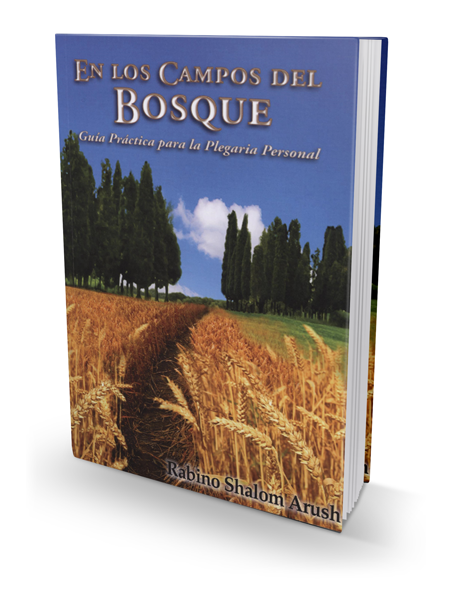
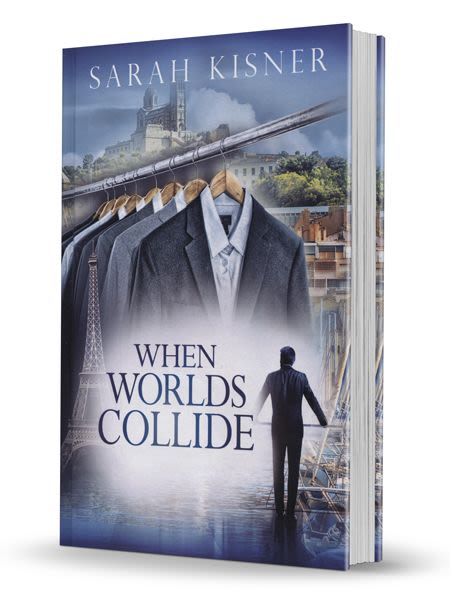
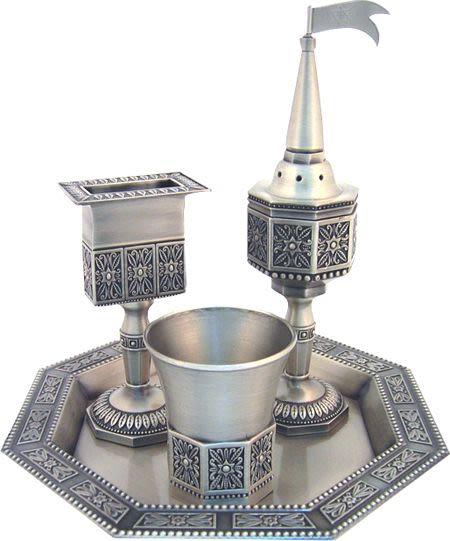
Tell us what you think!
Thank you for your comment!
It will be published after approval by the Editor.